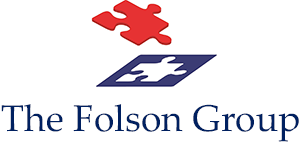What’s in your coop or condo ’s budget?
The fourth quarter is when New York City coop and condo boards are working with their property manager on setting next year’s budget. Setting realistic budget goals for your coop or condo is necessary to be able to pay for the building’s expenses. When you, as a coop or condo owner, receive a letter from the board or property manager telling you how much your maintenance or common charges are increasing, it is (if done correctly) to cover the costs in this budget.
Read More










